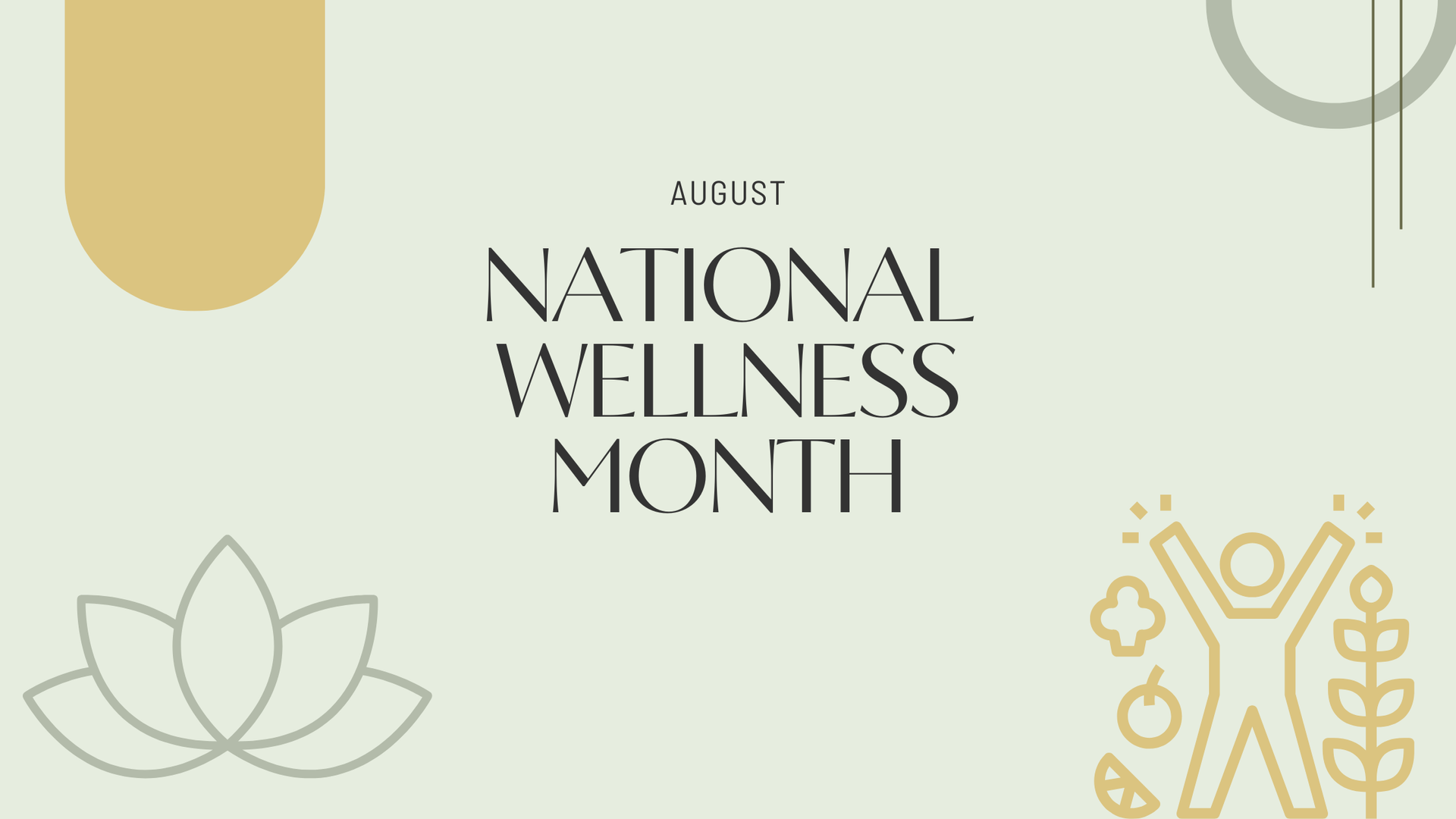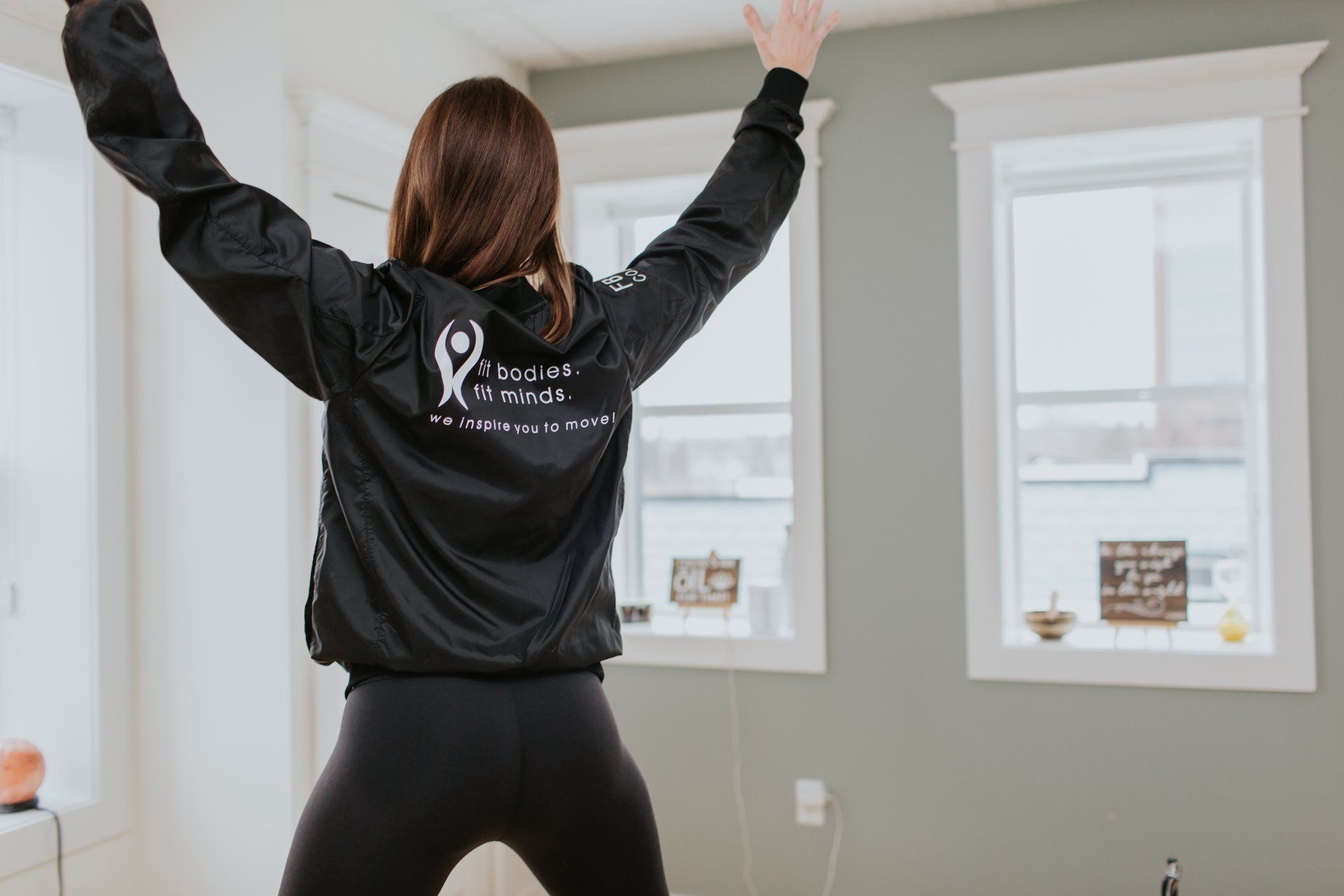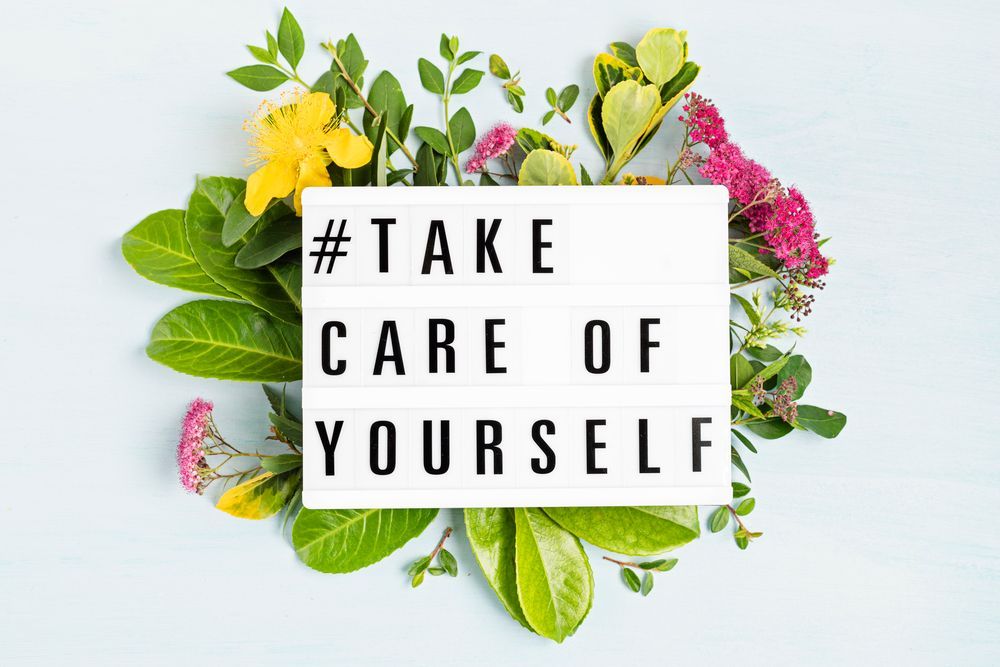Mental Strength and Resiliency
Are you constantly feeling overwhelmed?
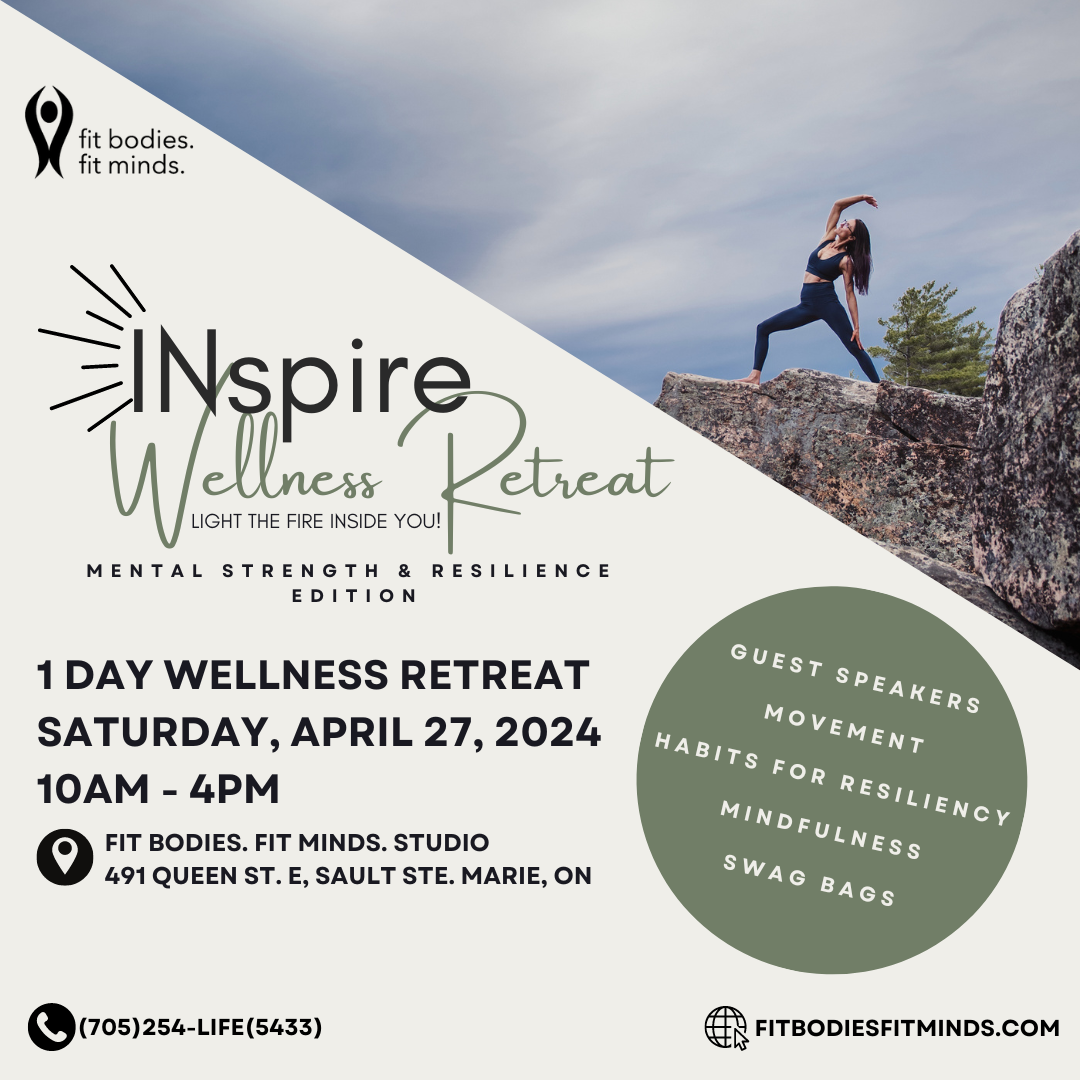
In the journey of life, we often encounter challenges that test our mental fortitude. Whether it's facing setbacks, navigating through uncertainty, or dealing with failures, the ability to cultivate mental strength, adopt a growth mindset, and embrace resilience becomes paramount. These three pillars not only shape our outlook towards adversities but also empower us to thrive, no matter what we are facing.
Embracing Mental Strength and Resiliency
Mental strength isn't about being immune to hardships; rather, it's about building the resilience to withstand them. It's the inner toughness that allows us to persevere when faced with obstacles. Developing mental strength and resiliency involves:
Self-awareness: Understanding our emotions, strengths, and weaknesses lays the foundation for mental strength. By acknowledging our vulnerabilities, we become better equipped to manage them effectively.
Positive self-talk: The conversations we have with ourselves greatly influence our mindset and our body. By cultivating a habit of positive self-talk, we can challenge self-limiting beliefs and foster a more optimistic outlook.
Adaptability: Life is unpredictable, and learning to adapt to changing circumstances is essential for mental strength. Instead of resisting change, embracing it with an open mind enables us to thrive in the face of uncertainty.
Setting boundaries: Establishing healthy boundaries helps protect our mental well-being. It involves saying no when necessary, prioritizing self-care, and surrounding ourselves with supportive individuals who uplift us.
Embrace challenges: Instead of shying away from challenges, view them as opportunities for growth. Embracing challenges stretches our capabilities and fosters resilience in the face of adversity.
Learn from failures: Failure is not the opposite of success but rather a stepping stone towards it. Adopting a mindset that sees failures as valuable learning experiences enables us to bounce back stronger and wiser.
Seek feedback: Feedback, whether positive or constructive, provides valuable insights for growth. Embrace feedback as a tool for improvement and actively seek opportunities to learn from others.
Cultivate a love for learning: A growth mindset thrives on curiosity and a willingness to learn. Approach every experience as an opportunity to expand your knowledge and skills, fostering a lifelong journey of growth.
Develop coping strategies: Identify healthy coping mechanisms that help you navigate through difficult times. Whether it's practicing mindfulness, seeking social support, or engaging in hobbies, find what works best for you.
Maintain perspective: In the midst of adversity, it's easy to lose sight of the bigger picture. Maintaining perspective allows us to see challenges as temporary hurdles rather than insurmountable obstacles.
Build a support network: Surround yourself with a supportive network of friends, family, or mentors who uplift you during challenging times. Lean on them for guidance, encouragement, and emotional support when needed.
Nurturing mental strength, embracing a growth mindset, and cultivating resilience are essential skills for navigating life's challenges with grace and determination. By incorporating these principles into our daily lives, we empower ourselves to thrive amidst adversity and emerge stronger, wiser, and more resilient than ever before. Remember, anyone can do what's right when things are easy - it's what we do when things get tough that can set you apart.
Are you interested in learning how you can implement these strategies? Do you want to learn how to ask yourself the right questions to better understand your strengths and weaknesses?
Our INspire Wellness Retreat: Mental Strength and Resiliency Edition can give you just that!!
Join us on April 27th, 2024 to learn how you can take your game to the next level.
Learn more about it and register here.
FBFM Blog
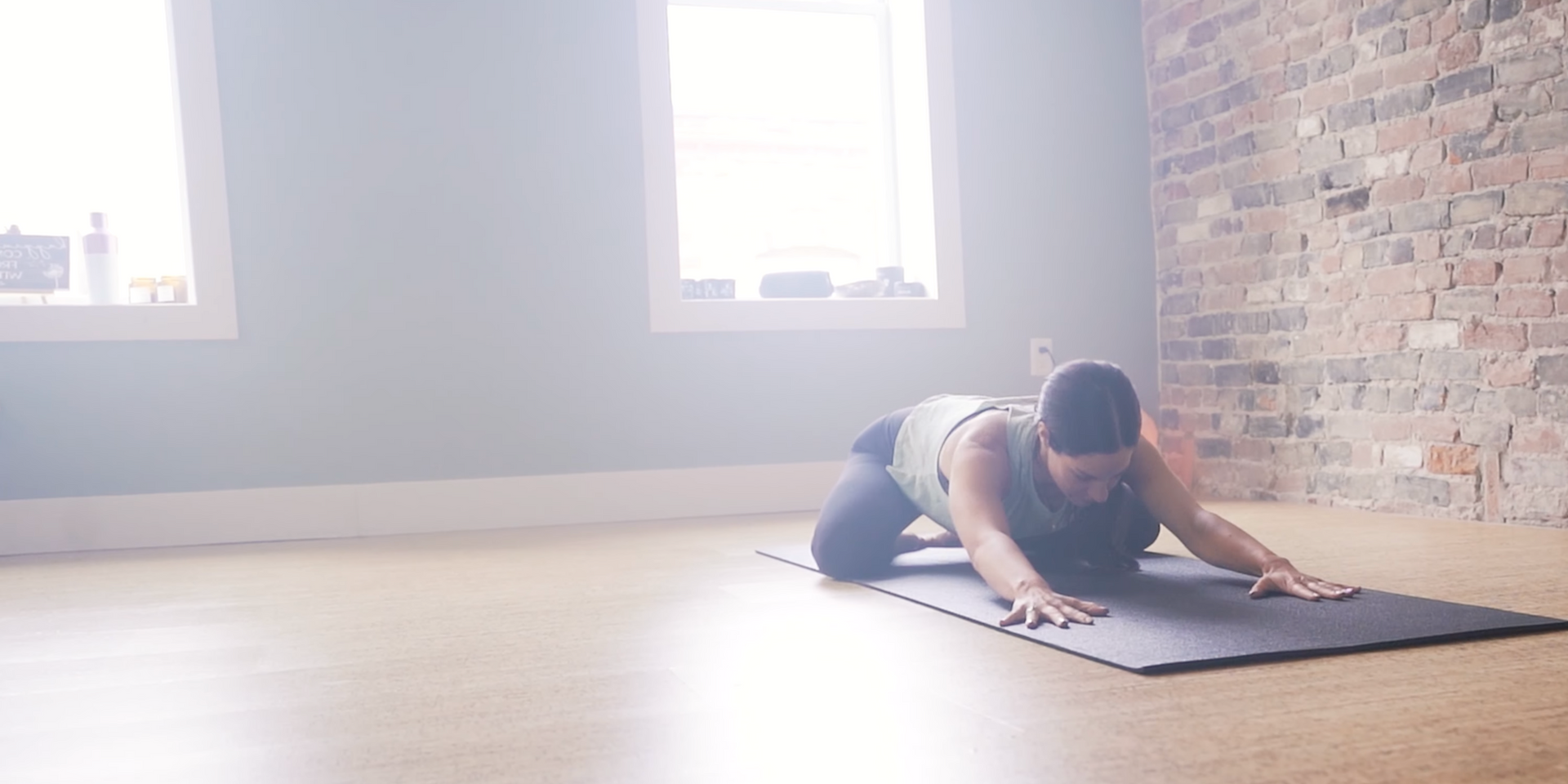
Quick Links
(705) 254-5433
contact@fitbodiesfitminds.com
491 Queen St E, Sault Ste. Marie, ON P6A 1Z9
208 St Mary's River Dr, Sault Ste. Marie, ON P6A 5V4


